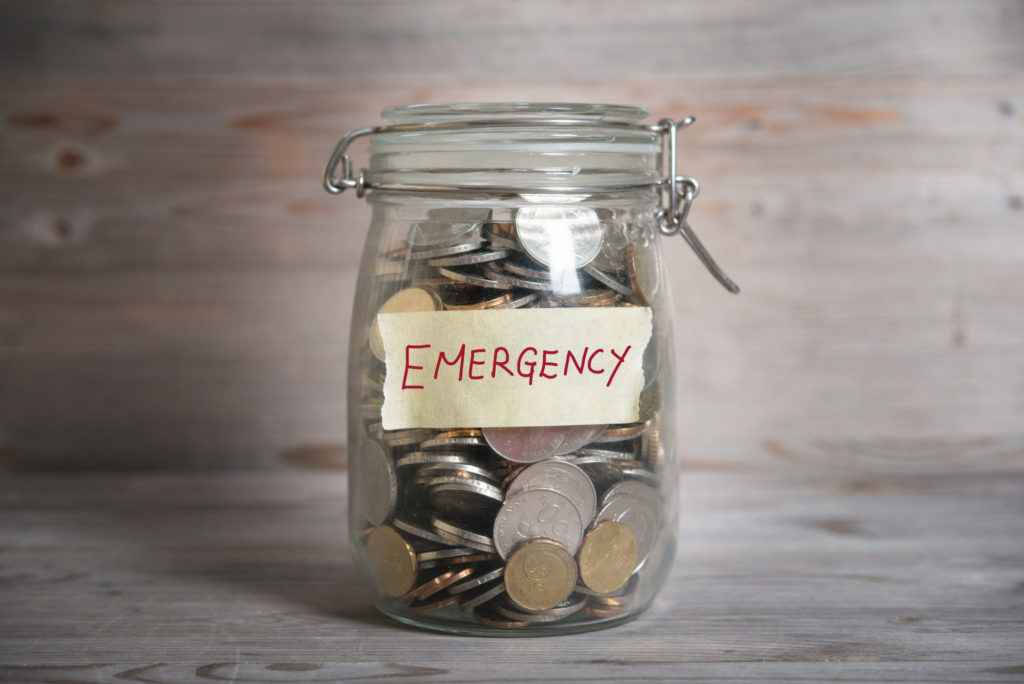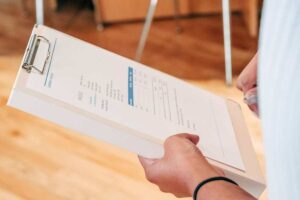
Do you have money set aside for a financial emergency?
If the answer is no, you’re certainly not alone. In fact, a growing number of Americans have no emergency savings at all. According to a recent survey conducted by Bankrate, 28 percent of US adults have no emergency savings.
While one in four Americans have a rainy day fund, most in this category admit that it’s not enough to cover three months’ worth of expenses.
No matter what your financial situation is, an emergency fund is absolutely necessary. But, between everything else you need to save for and pay off, how do you prepare for a financial emergency?
Check out this guide to learn how it’s done.
Build an Emergency Fund
Preparing for a financial emergency all starts with building an emergency fund.
Ideally, your emergency fund should cover three to nine months of living expenses. This should give you enough time to get back on your feet and get your financial situation in order. However, if you’re single or the head of a single-income family, you may want to consider building an emergency fund that can get you through a whole year. Moreover, it’s important to understand anxiety disorder disability benefits, which can provide crucial financial support during times of need.
While building an emergency fund may seem like a daunting task, it doesn’t have to be. We recommend setting up automatic withdrawals each month that go from your checking to your emergency fund. This way, you don’t have to think about it and you can build your savings on autopilot.
Purchase Life Insurance
Buying life insurance is another key component of preparing for a financial emergency.
Life insurance protects your family financially in the event of an untimely death. Purchasing life insurance is a big decision, so make sure to spend some time shopping around for quotes and researching different providers.
Consider Other Forms of Insurance
While life insurance may be the most critical type of insurance for financial emergencies, it’s not the only type of insurance you should consider purchasing.
If you’re a freelancer or are self-employed, then health insurance is a must.
To guard your place against loss from fire or theft, we recommend purchasing homeowner’s insurance. If you’re concerned about losing income due to illness or injury, it’s also smart to purchase disability insurance. To safeguard your family from the burden of providing you with home or institutionalized care later in life, it’s also a good idea to purchase long-term care insurance.
Other types of insurance to consider include car insurance, liability insurance, and renter’s insurance.
Talk to a Financial Advisor
Do I need a financial advisor?
The answer is a resounding yes! No matter where your finances are, a financial advisor can help you get your money in order so you can better prepare for a financial emergency.
Additionally, a financial advisor can help you decide how to invest your money so you can add more padding to your emergency fund and other savings accounts.
Are You Ready for a Financial Emergency?
Now that you know how to prepare for a financial emergency, it’s time to put these tips into action. This way, when a financial emergency rolls around, you’ll be ready to tackle it head-on.
Be sure to check back in with our blog for more financial planning tips and tricks.





















Add Comment